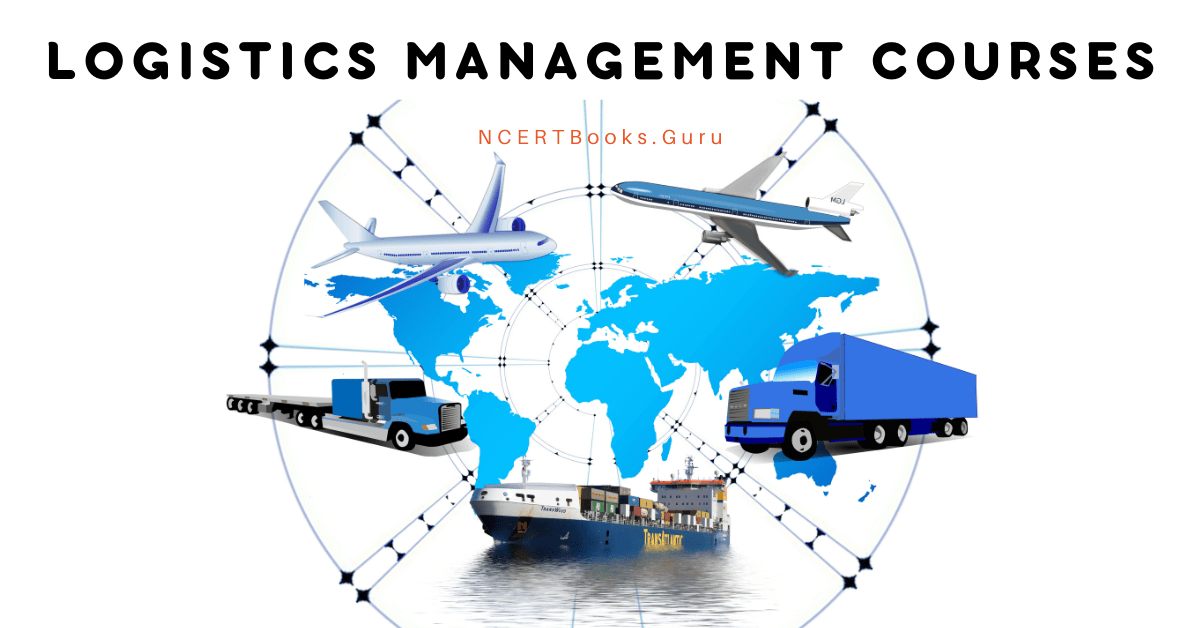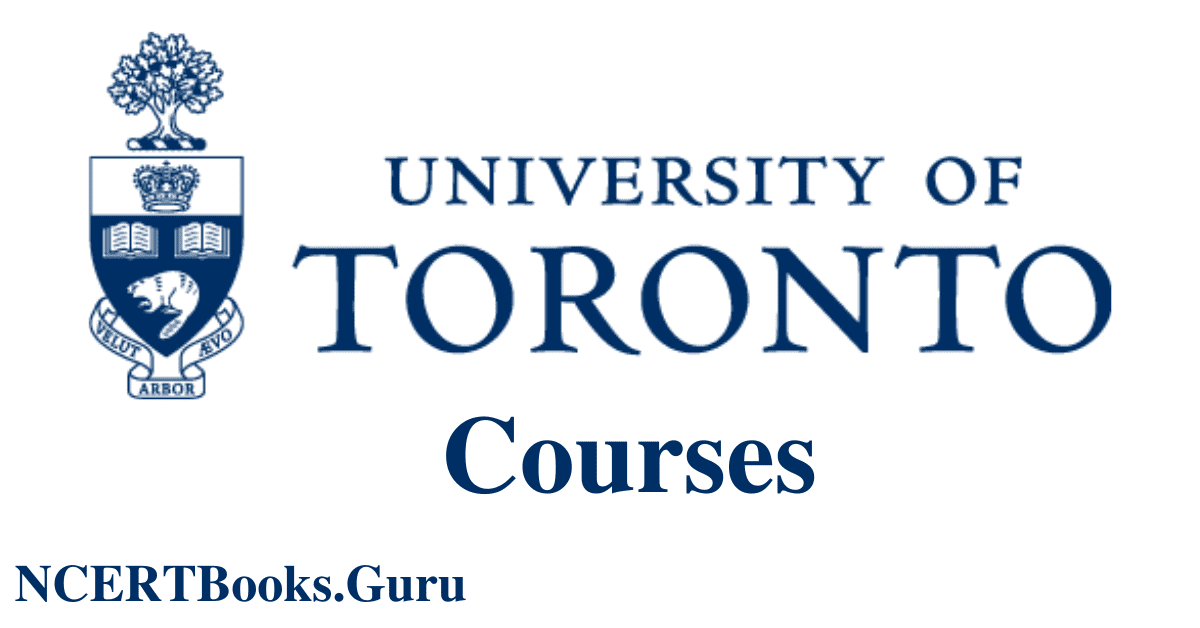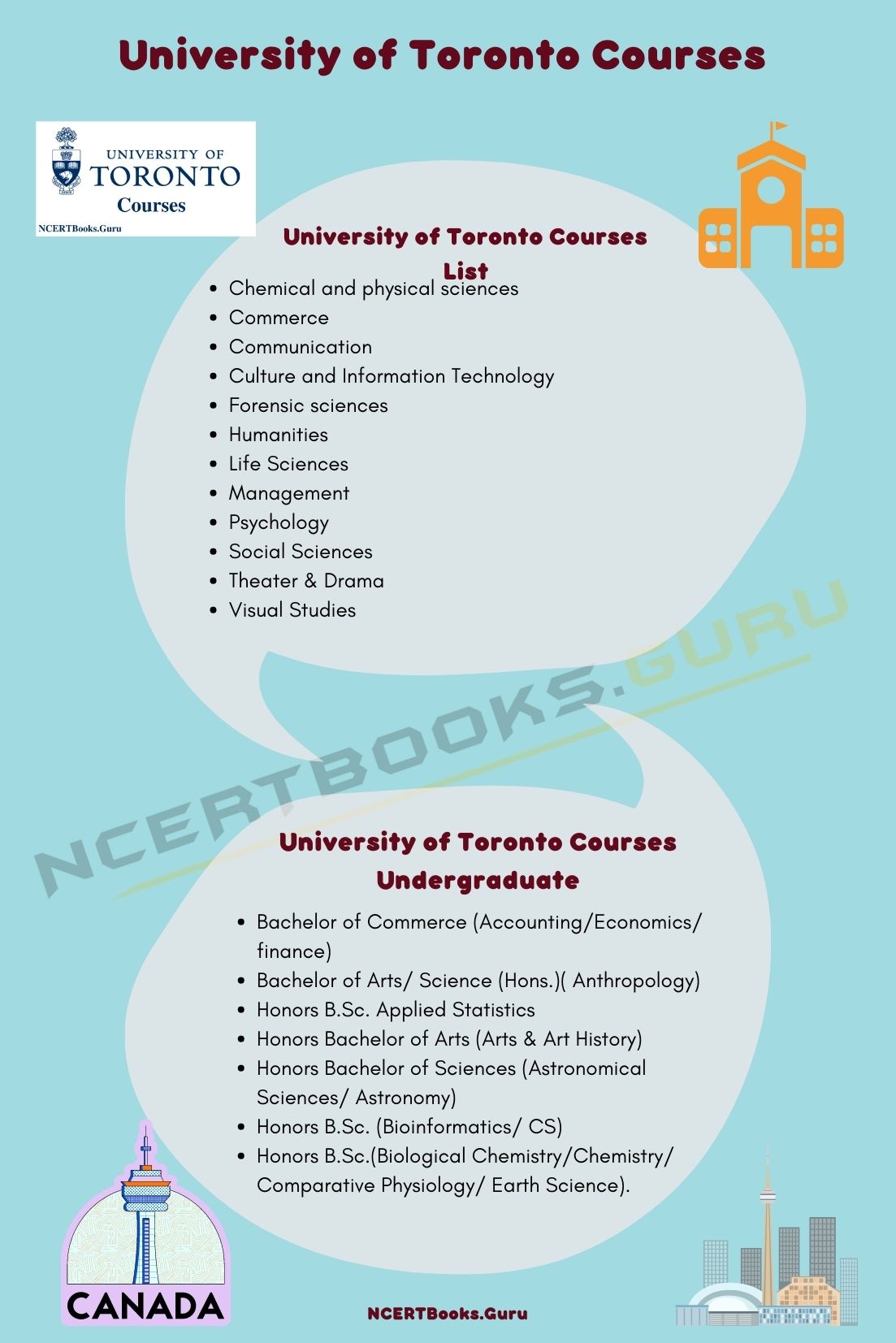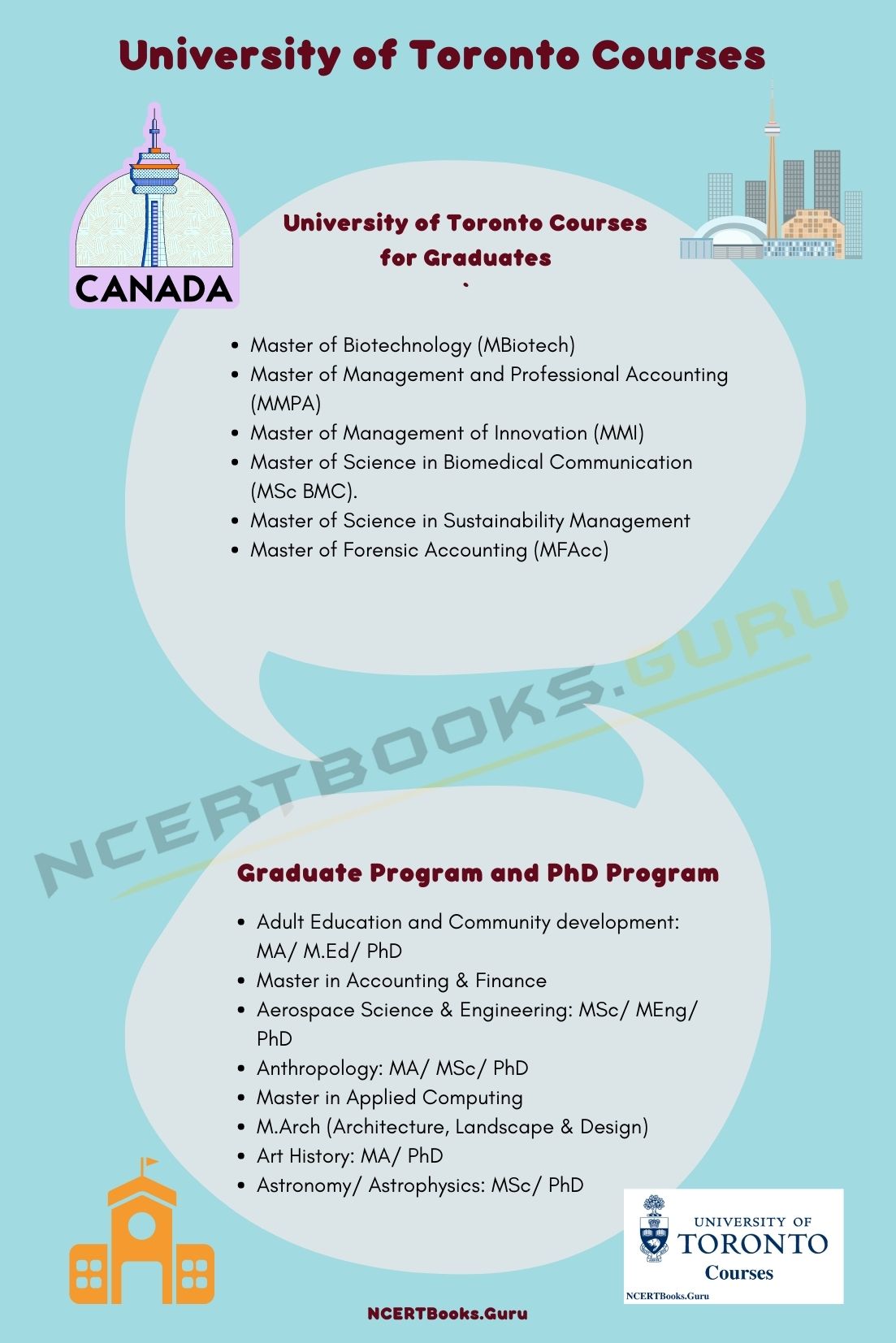Logistics Management Courses: Logistics is an integral part of any business either private or government. Thus, the need for Logistics Management Courses arises. If you are also one of those students who want to build their career in Logistics then you are at the right place!
Here, in this below-written article, you will get to know a lot about the Logistics Management Online courses, certification courses, fees, duration, top colleges, career scope, salary, and more about the Logistics and supply chain management Courses.
- About Logistics Management Courses in India
- Overview of Logistics & Supply Chain Management Courses
- Logistics Management Courses Duration
- Logistics Management Course Fees
- Best Logistics Management Courses List
- Logistics Management Courses after 12th
- List of Logistics Management Courses Online
- PG Courses in Logistics Management
- Logistics Management Courses Free
- Top Colleges Offering Logistics Management Courses in India
- Logistics Management Course Syllabus
- Career Scope After Distribution and Logistics Management Courses
- Job Profiles for logistics courses
- Average Salary for Logistics Management Courses
- FAQs on Supply Chain and Logistics Management Courses
About Logistics Management Courses in India
Logistics Management Courses teach students about the production and distribution of materials or products between the merchants. The people who are working in logistics are responsible for the delivery of the goods at the right time and the right place. The course will teach you about the steps involved in the movement of goods right from the producer to the consumer.
After the completion of this course, you will get detailed ideas about the entities of imports and exports of the goods. The rapid increase in the retail business, manufacturing units, and commerce has given rise to logistics.
Overview of Logistics & Supply Chain Management Courses
Read below the overview for the Logistics Management Courses in India in the manner of a table.
| Available Course Domains | Online and Offline |
| Course Level |
|
| Duration | 3 months to 3 years |
| Fees | Rs 5,000 to Rs 6,00,000 |
| Salary Offered | Rs 50,000 to Rs 10,00,000 |
| Job Profile |
|
Logistics Management Courses Duration
The duration of Logistics Management Courses varies according to the specialization in which students want to study. You can find the detailed duration of Logistics courses here below.
- Diploma- 6 months to 1-year
- Certificate- 3 months to 1 year
- UG Courses- 3 years
- PG Courses- 2 years
Logistics Management Course Fees
The average fee for studying Logistics Management Courses is around Rs.5000 to Rs. 6,00,000. The fee structure is entirely based on the courses such as UG, PG, certificate, diploma, and more. It also varies according to the colleges and their offered services.
Best Logistics Management Courses List
The Logistics management courses offer various specializations in it. You can choose the best course according to your interest. The logistics are interlinked with numerous other fields which helps the coordination between the consigner and consignee. Thus, the list of best courses is described here.
- transport and logistics management
- supply chain and logistics management
- shipping & logistics management
- supply chain and logistics management
- operations and logistics management
- international logistics management
- logistics and supply chain management
- distribution and logistics management course
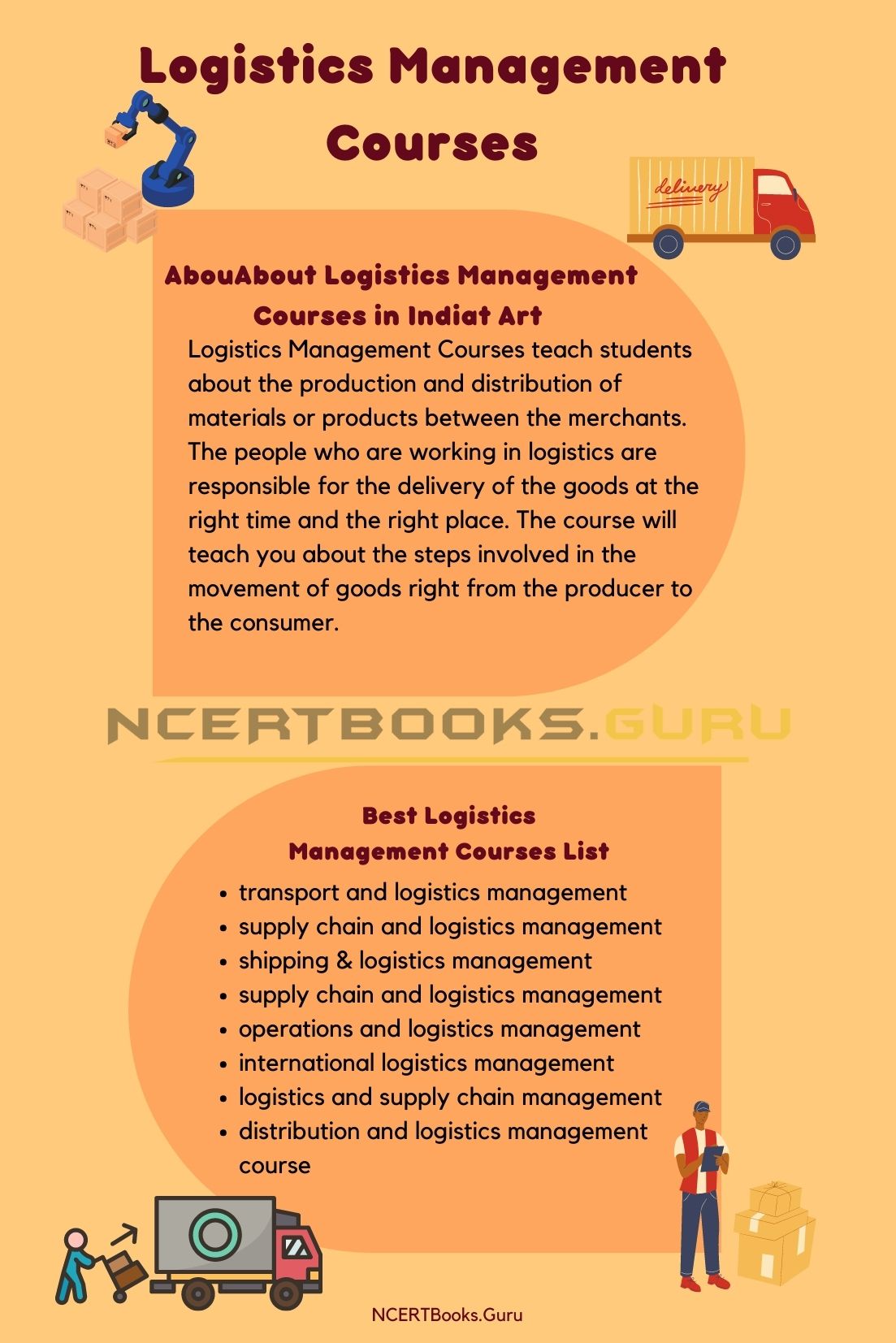
Logistics Management Courses after 12th
After the completion of class 12th, you can pursue a Diploma, undergraduate, or certificate courses in Logistic Management courses. To be eligible for these programs students need to score a minimum score of 50% or above marks. Admission can be done based on a merit list. Some colleges may conduct their level entrance exams.
The detailed list of Logistics Courses After 12th class is:
|
Course |
Eligibility |
Duration |
|
BBA in Logistics Management |
Class 12 with a minimum of 50% marks in any stream, preferably commerce |
3 years |
|
BBA in Logistics and Supply Chain Management |
3 years |
|
|
BCom Logistics and Supply Chain Management |
3 years |
|
|
Class 12 with a minimum of 50% marks in any stream |
6- 9 months |
|
|
Certificate in Logistics and Supply Chain Management |
3- 9 months |
List of Logistics Management Courses Online
Online courses are becoming the topmost choice for students. As there are professionals who are working but want to enhance their knowledge so they are moving towards the online courses. The top institutes like Coursera, Udemy, and more are offering the courses for a short time. Some of these courses are even available for free.
| Institute | Courses | Duration | Fees |
| Udemy | International Logistics and Transportation in Supply chain | 2.5 Hours | Rs 1280 |
| Udemy | Logistics and Supply Chain Management | 3 Hours | Rs 6,400 |
| Udemy | Reverse Logistics Management and Sustainability | 3 Hours | Rs 8,640 |
| Udemy | Logistics and Supply Chains – Fundamentals, Design, Operations | 30 Hours | Rs 8,640 |
PG Courses in Logistics Management
Students can also pursue MBA in Logistics Management. The course can be completed in 2 years, To be eligible for this program you need to complete a bachelor’s degree with a minimum score of 55%. Here is the list of top colleges which are offering MBA in Logistics.
| MBA in Logistics Management Top Colleges | Fees |
| DY Patil University | INR 4.2 Lakh |
| Lovely Professional University | INR 1.5 Lakhs |
| University of Petroleum and Energy Studies | INR 13,72,000 |
| Chitkara University | INR 5 Lakhs |
| Indian Institute of Logistics | INR 1,54,000 |
| Vels Institute of Science Technology & Advanced Studies | INR 1.54 Lakhs |
Logistics Management Courses Free
Few platforms are offering free Logistics Management courses. The platform is online where you can pursue these certification courses. Even after the completion of these courses you are eligible for the certificate of learning. You can find the list of free courses here.
| Institute | Courses | Duration |
| EDx | Logistics Fundamentals | 5 weeks |
| Alison | Introduction to Supply Chain Management | 90 minutes |
| Coursera | Supply Chain Logistics | 8 Hours |
Do Refer: Management Engineering Courses
Top Colleges Offering Logistics Management Courses in India
Logistics and management courses are offered around India. So, you can choose the best college according to your convenience. Some of the top colleges are defined here.
- Indian Maritime University, Chennai
- Dr. NGP Arts and Science College
- Yenepoya University, Mangalore
- Hindustan Institute of Technology and Science, Chennai
- Disha School of Management
- Institute of Aviation and Logistics Management
- YMCA
- Indian Institute of Logistics (IIL)
- Kerala Institute of Tourism and Travel Studies
- GITAM Institute of Management, Visakhapatnam
- Safeducate Learning Pvt Ltd
- Indian Maritime University, Kochi Campus
Logistics Management Course Syllabus
The Logistics Management Courses are designed in such a manner that students will get a detailed structure of the theoretical and practical knowledge required for the planning and development of the logistics-related aspects of the business.
Students will also learn about the projects, they quill get a chance to do internships and a lot more while pursuing the course. Thus, here you can read the crucial topics which are included in the curriculum are
| Business Communications and Analysis | Quality Management, and Customer Service |
| Introduction to basic concepts of Logistics | International Logistics |
| Storage Operations and Control | Organizational Behaviour |
| Strategic Management | Supply Chain Management |
| Transportation Management and Planning | Material Management |
| Warehousing and Distribution Operations | Inventory Management |
Career Scope After Distribution and Logistics Management Courses
Logistics is the key sector for any organization. Thus, after the completion of this course number of companies are waiting for you. All this creates the scope in logistics management bright. You can also go for the government sector jobs. Some of the job profiles are mentioned here.
Job Profiles for logistics courses
The following is the list of job roles that can be offered by various companies for logistics management certified candidates.
- Logistics Manager
- Logistics Engineer
- Inventory Manager
- Transportation Manager
- Logistics Consultant
- Global Logistics Manager
- Logistics Coordinator
- Warehouse Operation Manager
- Analyst
- Customer Service Manager
- International Logistics Manager
- Supply chain manager
- Vice president of supply chain
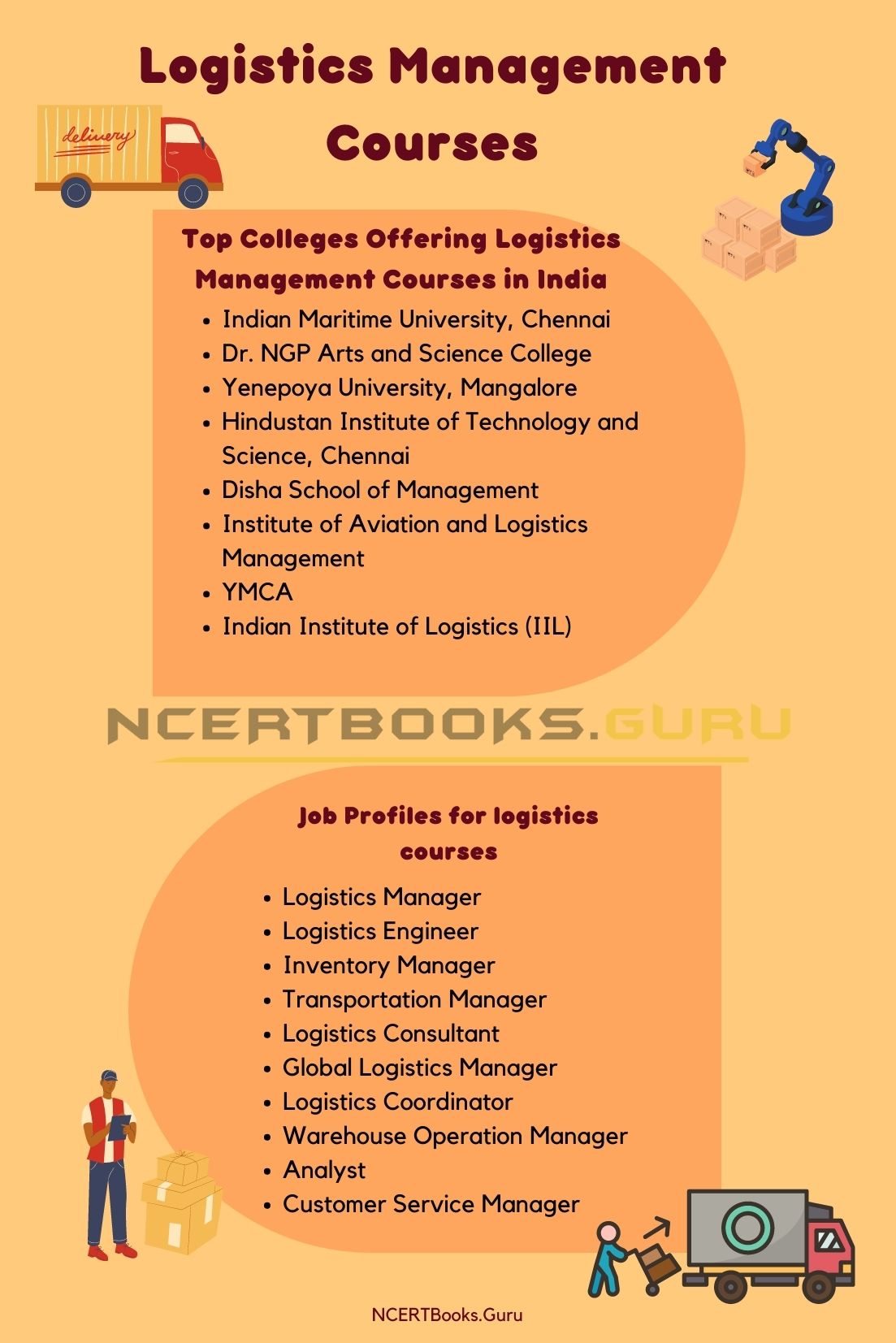
Average Salary for Logistics Management Courses
The average salary which a fresher can earn after the completion of Logistics Management Courses is around Rs 50,000 and it can later go up to 10,00,000 per year. But the salary structure is entirely based on the job profile, skills, experience, knowledge, and other factors.
| Global Logistics Manager | Rs 12,00,000 |
| Inventory Manager | Rs 3,52,628 |
| Logistics Consultant | Rs 6,42,385 |
| Logistics Coordinator | Rs 3,30,145 |
| Logistics Engineer | Rs 3,74,400 |
| Logistics Manager | Rs 6,10,419 |
| Transportation Manager | Rs 1,10,326 |
| Warehouse Operation Manager | Rs 20,00,000 |
FAQs on Supply Chain and Logistics Management Courses
1. What are the top companies which are hiring students after Logistics Management Courses?
Ans. the top companies which are hiring in the logistics department are FedEx, Larsen & Toubro Ltd, The Banyan HR Consults, DTDC, Safexpress, Nestle, Amazon, AC, Infotech, Nokia, Biomax Fuels, Cadbury, McLane Company, and more.
2. What is the required skill set for the Logistics management Courses?
Ans, Without proper skills getting a good job with a sound salary is not easy. So the candidates must know an Understanding of global issues, Business ethics, Knowledge of accounts, Understanding of the legal issues involved in managing contracts, Time Management, Cost Accounting Skills, Technical skills, problem-solving, Project Management, and more.
3. What are the important components involved in Logistics management?
The main components with which students have to deal are Information and control on Transport, Storage, warehousing, materials handling, Packaging, Inventory, and more.
4. Is Logistics management a good career option?
Ans. In this economic growth environment, the need for logistics management is arising. Even for the freshers, the career scope is quite high and the salary offered is also good. Hence, building a career in Logistics Management is a good option.
Conclusion
Logistics Management Courses are creating the sought jobs in the market. For our economic growth, logistics is an important field. And If you are planning to pursue your degree in the same then go for it. You can increase your knowledge and values with the help of the information provided in the above article on logistics and supply chain management courses.
Also, you have a great opportunity to ask your doubts in the comment section. Stay tuned to Ncertbooks.guru for more information on logistics courses and other ug and pg course details.
